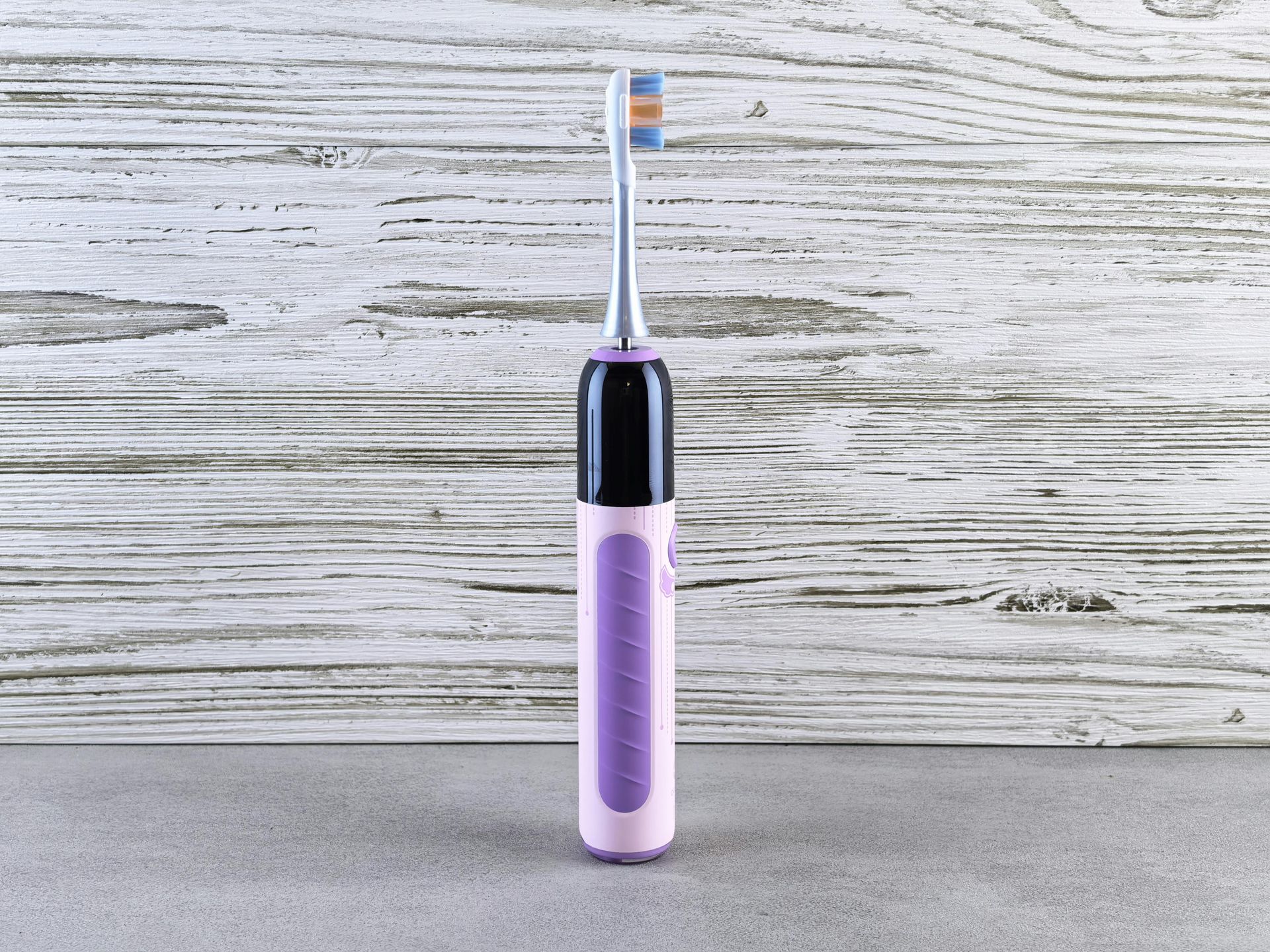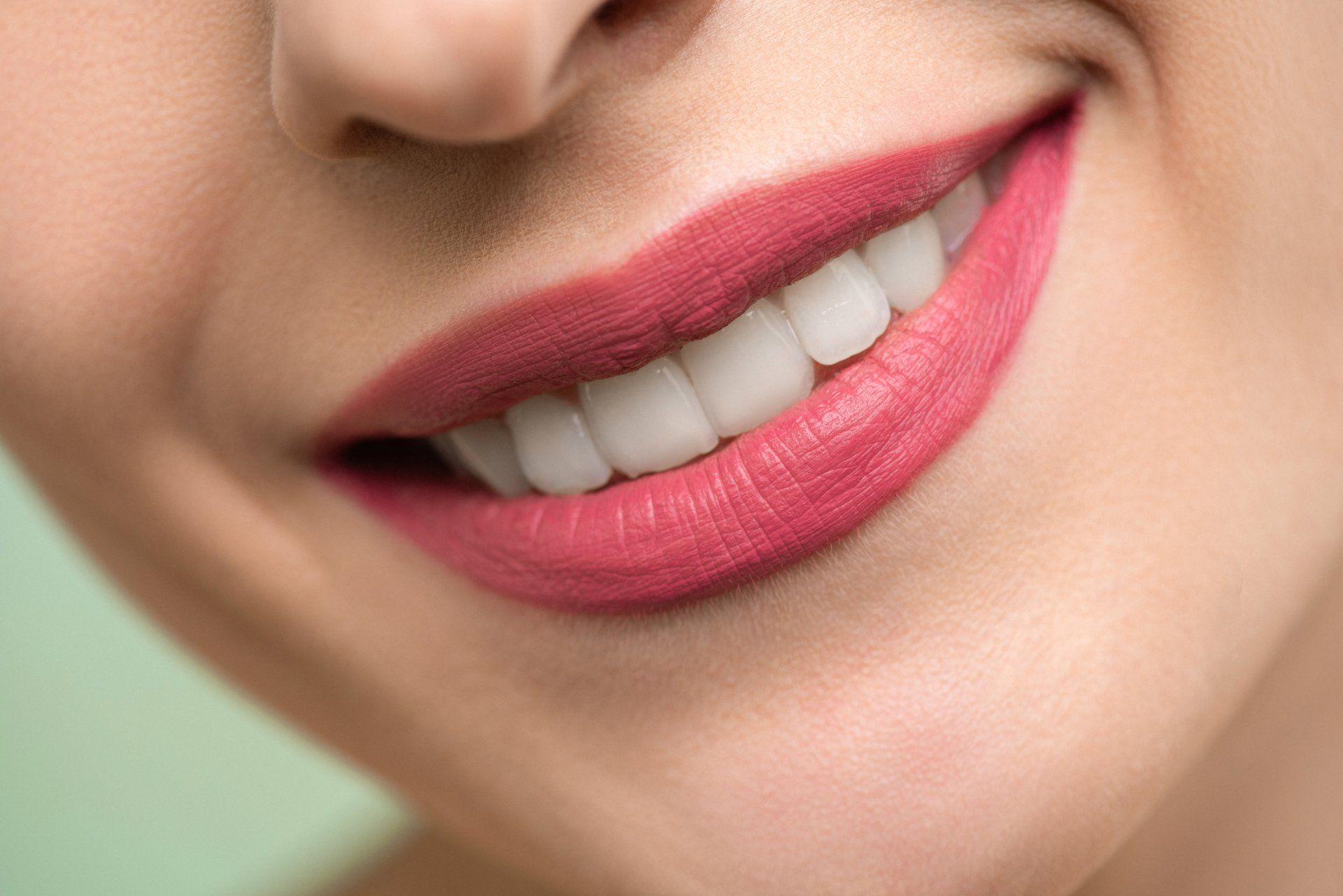SPECIALTIES
Specialty Dental Services near Highland, Michigan
Specialists And General Dentists Work Together For Highland Patients
When other dentists find issues they can’t address, they refer patients to a specialist. That person may not be anywhere near the Highland, Michigan, community you call home. Huszti Dental Care, just next door to Highland, has three specialists – an oral surgeon, a periodontist and an endodontist – who work as a team with the general dentists in the same office in Milford. That means you receive quality care in a place you are comfortable and among staff who care about you because they know you. With this team, the vast majority of any dental work you will likely ever need can be done under one roof, by caring specialists you will see around Highland and Milford, because they don’t just work here, they live here.
ORAL SURGERY
No one wants oral surgery, but our specialist uses the newest technologies which mean quicker recovery times and less pain. We offer computer-administered anesthesia so tooth removal and other surgeries are as painless as possible.
PERIODONTICS
When gums recede from too-rigorous brushing or gingivitis, they won’t grow back. But treatments — even non-surgical ones — can restore healthy gums. Sometimes gums can be too prominent, creating an awkward smile. Our periodontist can take care of that, too.
ROOT CANAL SPECIALIST
When you want something done right, you go to the experts. Our in-office endodontist only does root canals, and she’s been doing them for years. With expertise like that, you know your results will be the best they can be.


